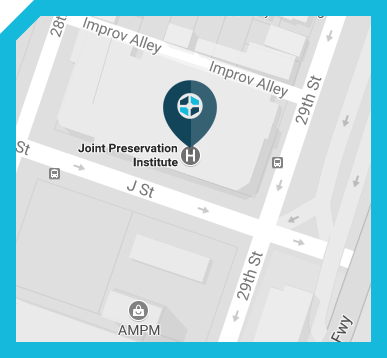
Quality sleep is one of the most important aspects of your health. It's not uncommon for people who sleep poorly to have joint pain - but why? Unfortunately, it's a vicious circle: sleep deprivation can cause achy; painful joints, according to a body of research that includes a study published in the April 2012 issue of Sleep journal. Painful joints, in turn, may cause sleep deprivation, according to research published in PLoS One in October 2015. Read on to discover more about the connection between poor sleep and sore joints.
Poor Sleep, More Pain
Individuals with osteoarthritis often report problems with falling asleep, difficulties sleeping throughout the night and problems waking up too early. The scientific rationale behind this is twofold.
First, individuals who experience joint pain may find themselves unable to sleep well due to the pain itself. Constant pain prevents the individual from achieving a full night’s sleep.
Second, there may be a link between joint lubrication and poor sleep. During the day, your joints move and flex regularly. This movement stimulates the release of lubricants and keeps your joints pliable. When you sleep, your joints stop moving and begin to stiffen. That stiffness may contribute to increased pain during the night which may lead to poor sleep.
Solving the Problem
If your joint pain is significant enough to keep you up at night, you may want to consider joint replacement surgery. However, joint replacement surgery is a major operation that shouldn’t be taken lightly.
There are other steps you can take to obtain a great night’s sleep. First, consider changing your sleeping position. Depending on the source of your pain, sleeping on your back may only exacerbate the issue. Try sleeping on your side (with a pillow between your legs) to see if the pain lessens.

Second, consider alternative reasons for your poor sleep. Sore joints may contribute to restlessness, but other factors might be at play. For example, excessive use of electronics before bed, too much caffeine or alcohol, or an irregular sleep schedule can lead to poor-quality sleep.
Third, regular physical exercise during the day is a great way to sleep better. However, watch out: late-night workouts may stimulate your brain and keep you awake even longer!
Lastly, consider reaching out to your medical professional for sleep or pain medication. Your doctor will know what medications are best for your specific situation.
Contact the Joint Preservation Institute Today
Having trouble sleeping from from sore joints? Feel free to contact us for a personal consultation.




 The Connection Between Poor Sleep and Sore Joints
The Connection Between Poor Sleep and Sore Joints 








